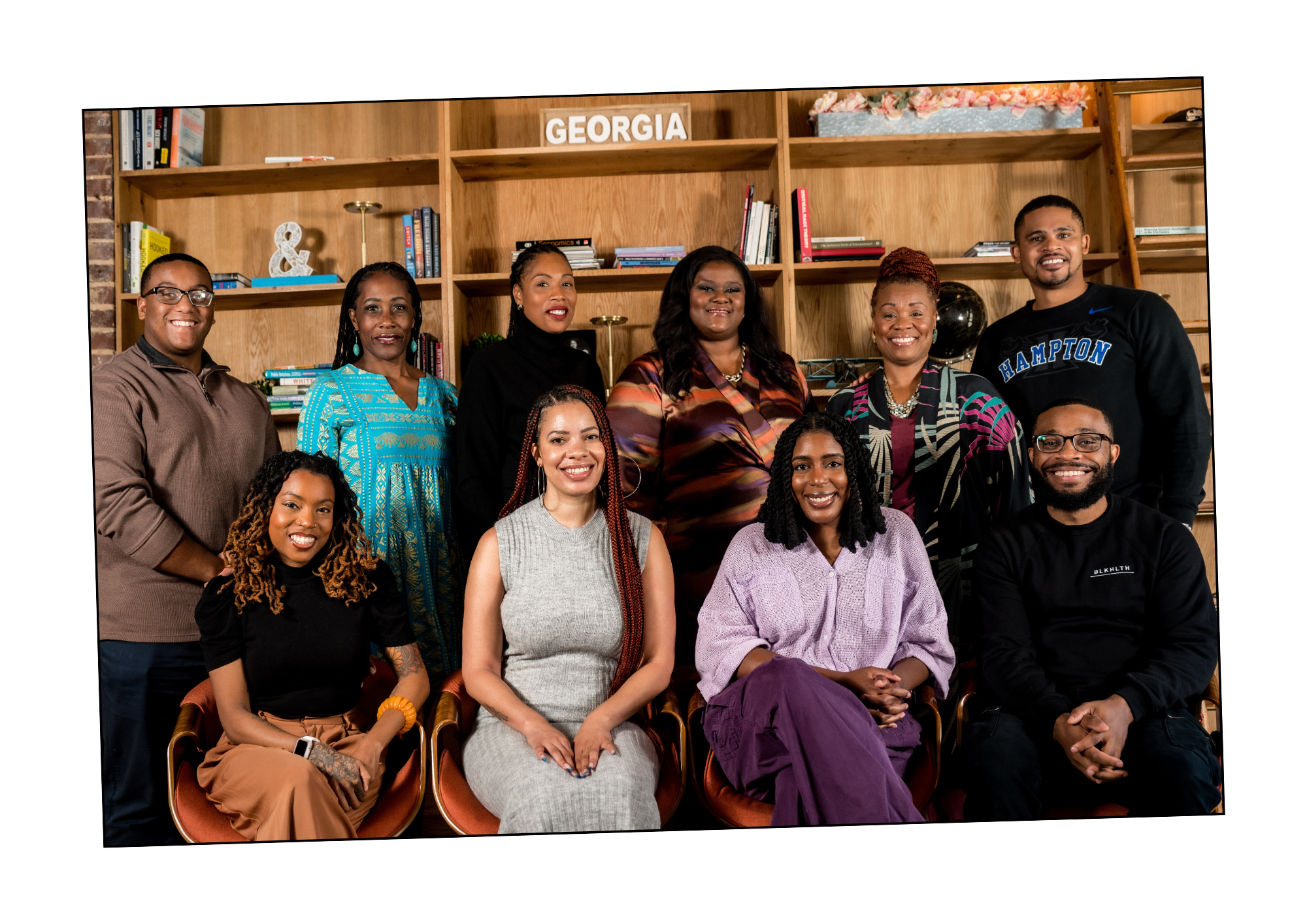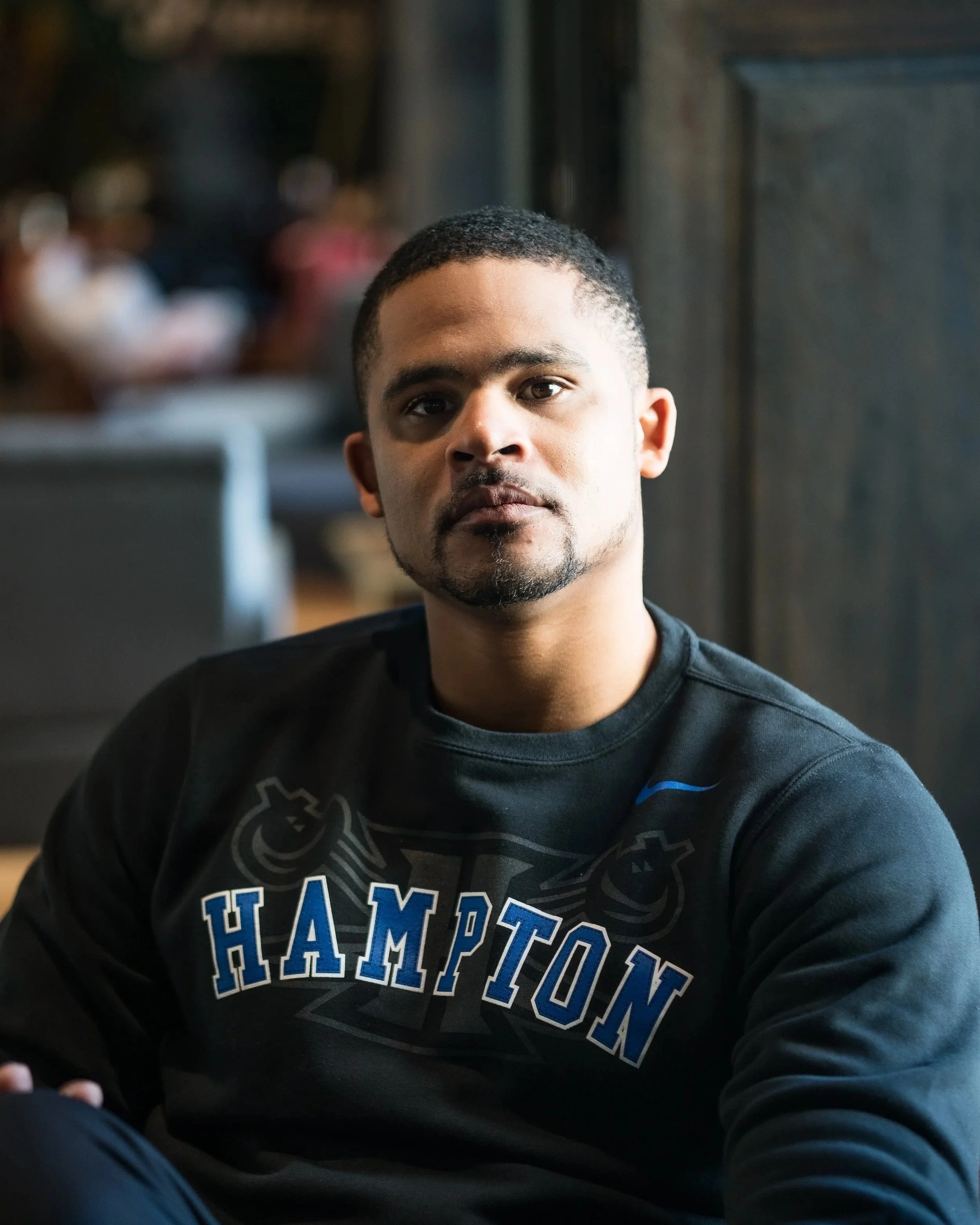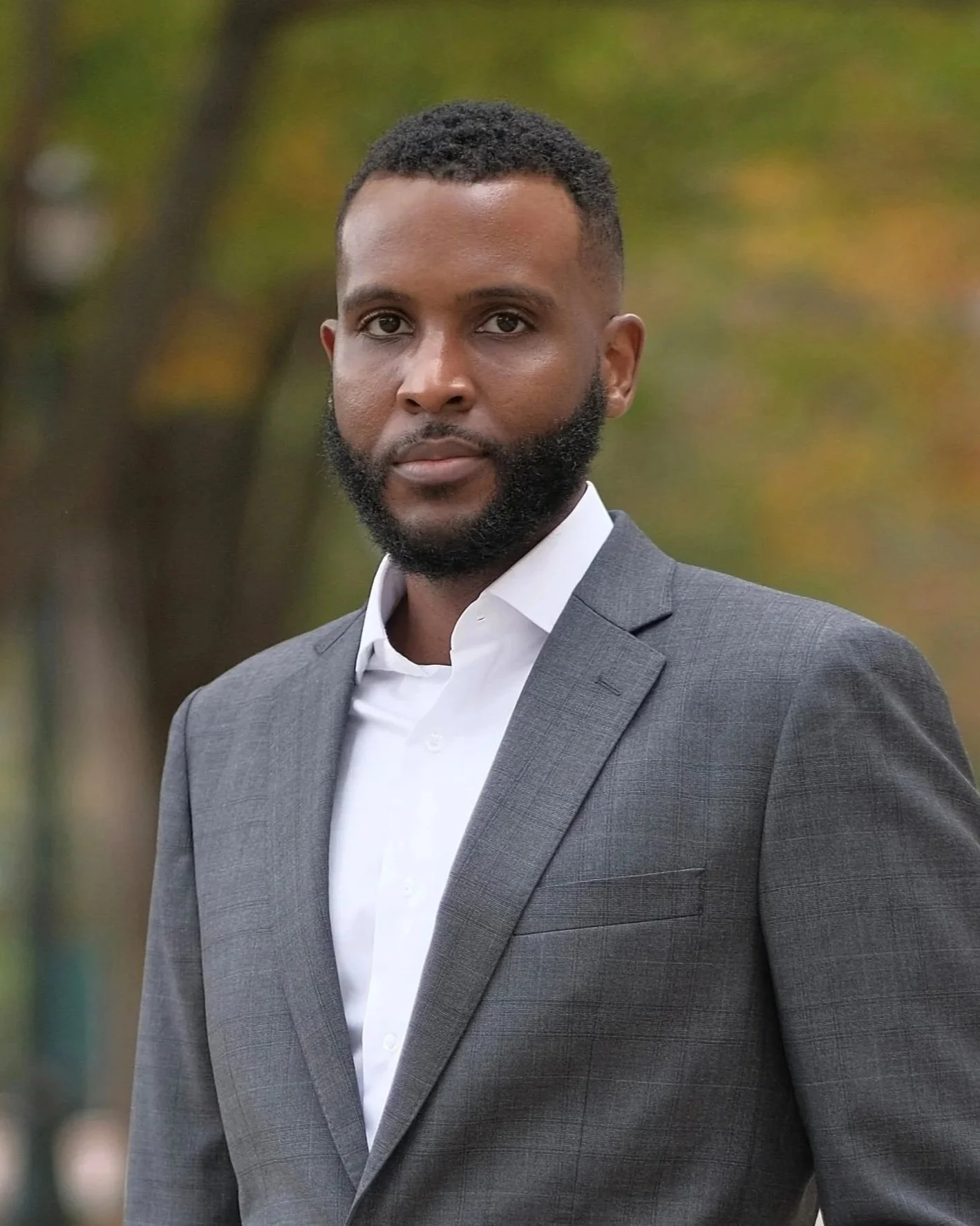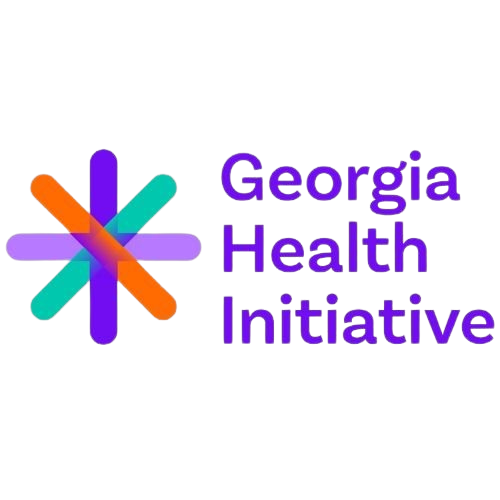About
Health doesn’t have to feel like a fight
Our mission is to advance health equity in Black communities through antiracist education, advocacy, research, and programs.
What We Do
Building Infrastructure for Health equity
Health solutions shaped by community and culture:
-

Community Health Events
We host vibrant events that mix culture, community, and care to connect Black communities with health information and resources.
-

Workshops & Trainings
We design and facilitate educational experiences that equip communities, students, and professionals to challenge inequities and drive health system change.
-

Digital Health Education
From podcasts to social media, we create relatable health content that sparks conversation, inspires change, and drives equity forward.
-

Research & Technical Assistance
We advise partners on building interventions that are culturally reflective, accessible, and grounded in antiracism practices.
How We Work
We believe the health of Black communities cannot be improved without addressing the root systems that shape it. Our work centers three strategic pillars:
Narrative Power
We shift the narrative on health by focusing on the structural forces the cause inequities, rejecting deficit-based views, and honoring the diversity of Black communities.
Capacity Building
We equip students, professionals, and communities with the knowledge, tools, and confidence to address racism’s impact on health.
Collective Action
Through organizing and cultivating trust, communication, and shared resources, we empower communities to mobilize for equitable health systems change.
Our founders
Four graduates of Emory University’s Rollins School of Public Health came together to confront racism in health and reimagine equity for Black communities.
-

Khadijah Ameen, PhD, MPH
Co-Founder and Director of Policy and Research
Khadijah Ameen (she/her) is a public health scholar whose work focuses on the impact of racism on health and community-driven approaches to health justice. She has built her career in healthcare delivery and payer settings, partnering with clinicians and administrators to improve access, quality, and outcomes for marginalized populations. She enjoys vegan cooking, podcasts, and time with her cats, Pinot and Noir.
-

Matthew McCurdy, MPH
Co-Founder and Executive Director
Matthew McCurdy (he/him) applies social science, health equity frameworks, and design to create solutions that improve health outcomes for Black and marginalized communities. He previously served as a Presidential Management Fellow at the U.S. Department of Health and Human Services and holds a BA in Political Science from Georgia State University and an MPH from Emory University’s Rollins School of Public Health.
-

Mercilla Ryan-Harris, MPH
Co-Founder and Director of Operations
Mercilla Ryan-Harris (she/her) is a proud Atlanta native committed to improving the health of Black communities through culturally humble public health programming. She is passionate about building connections, leading community outreach, and brings expertise in program management and operations to creating programs that address racial health disparities.
-

Paulah Wheeler, MPH
Co-Founder and Director of Creative and Communications
Paulah Wheeler (she/her) is a global public health practitioner and creative strategist passionate about advancing the health of Black people at home and abroad. A Detroit native, she has led programs across Africa and Asia focused on public health leadership, including training healthcare workers in Kenya, Nigeria, Cambodia, and Bangladesh and managing a national HIV program in South Africa.
Working together to make care more just, more inclusive, and more possible
Our Board
Meet the leaders supporting our work with insight, accountability, and a deep commitment to health justice.
Contact
Help us create a future where health equity is real for black communities.
Partner with BLKHLTH and be a part of a movement that turns conversations about racism and health into systemic change.
Our Partners
Trusted collaborators who share our commitment to advancing health equity and supporting Black communities through meaningful, culturally responsive work.


























